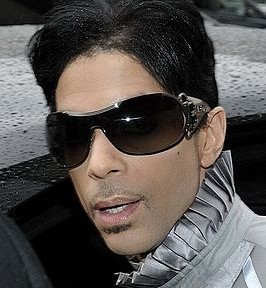
The musical icon known as Prince passed away on April 21st 2016 at the age of 57. Prince Rogers Nelson died intestate (without a Will) at his home at Paisley Park in Minnesota. The estimated $150 million dollar fortune left behind by the mogul is now currently up in the air, as Minnesota inheritance laws will determine who the fortunate recipient will be.
Initially valued at $300 million, Prince’s fortunes have dwindled away over the years, possibly due as some would suggest, to a lack of high-powered attorneys and a constant rotation of financial advisers to look after his affairs.



